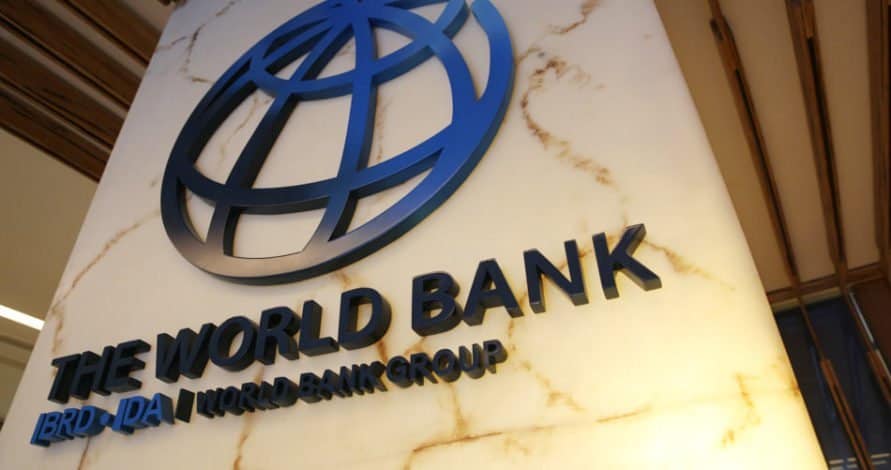
Two leading World Bank economists have listed the threats to the poverty reduction scheme of the Muhammadu Buhari administration.
Naija News recalls that President Buhari had promised to lift 100 million Nigerians out of poverty in 10 years, with a well-researched framework for implementation and funding.
He made the promise in June 2021 during the inauguration of the National Steering Committee of the National Poverty Reduction with Growth Strategy chaired by Vice President Yemi Osinbajo.
However, according to the economists, the rising inflation, persistent population growth, the COVID-19 pandemic, and the war in Ukraine may affect Nigeria’s poverty reduction plan.
The two World Bank officials named Jonathan Lain and Jakob Engel disclosed this in a post published on the bank’s blog on Tuesday.
The economists stated that Nigeria’s aspiration to lift all of its people out of poverty by 2030 presents a serious challenge.
The post read in part, “Nigeria’s aspiration to lift all of its people out of poverty by 2030 presents a serious challenge. Even before COVID-19, four in 10 Nigerians lived below the national poverty line – some 80 million people.
“The global pandemic, rising inflation, and ongoing uncertainty related to the war in Ukraine – combined with relentless population growth – have made Nigeria’s poverty-reduction goals more challenging than ever.”
Recall that World Bank Lead Economist for the Middle East and North Africa region’s Poverty Reduction and Economic Management Group, Tara Vishwanath, had said that the Buhari government’s plan is ambitious.
She made this known in the bank’s ‘A Better Future for All Nigerians: 2022 Nigeria Poverty Assessment’ report released in October 2021.
The World Bank official said the ambitious goal could only be feasible if certain swift policies were put in place to provide opportunities in the labour market and boost investors’ confidence
This article was originally published on Nigeria News


